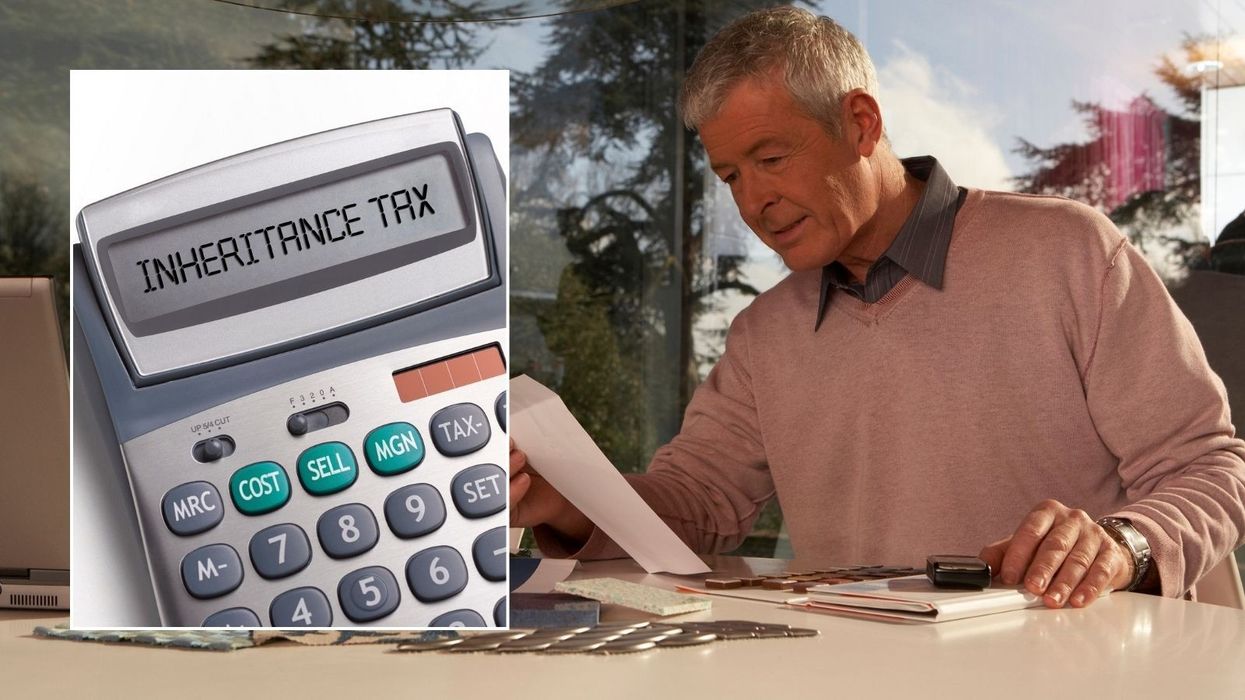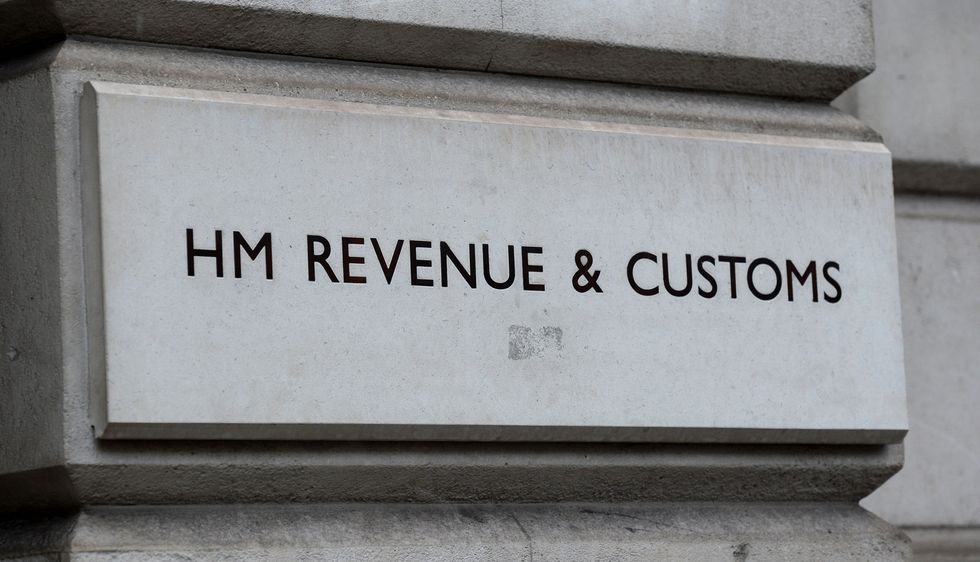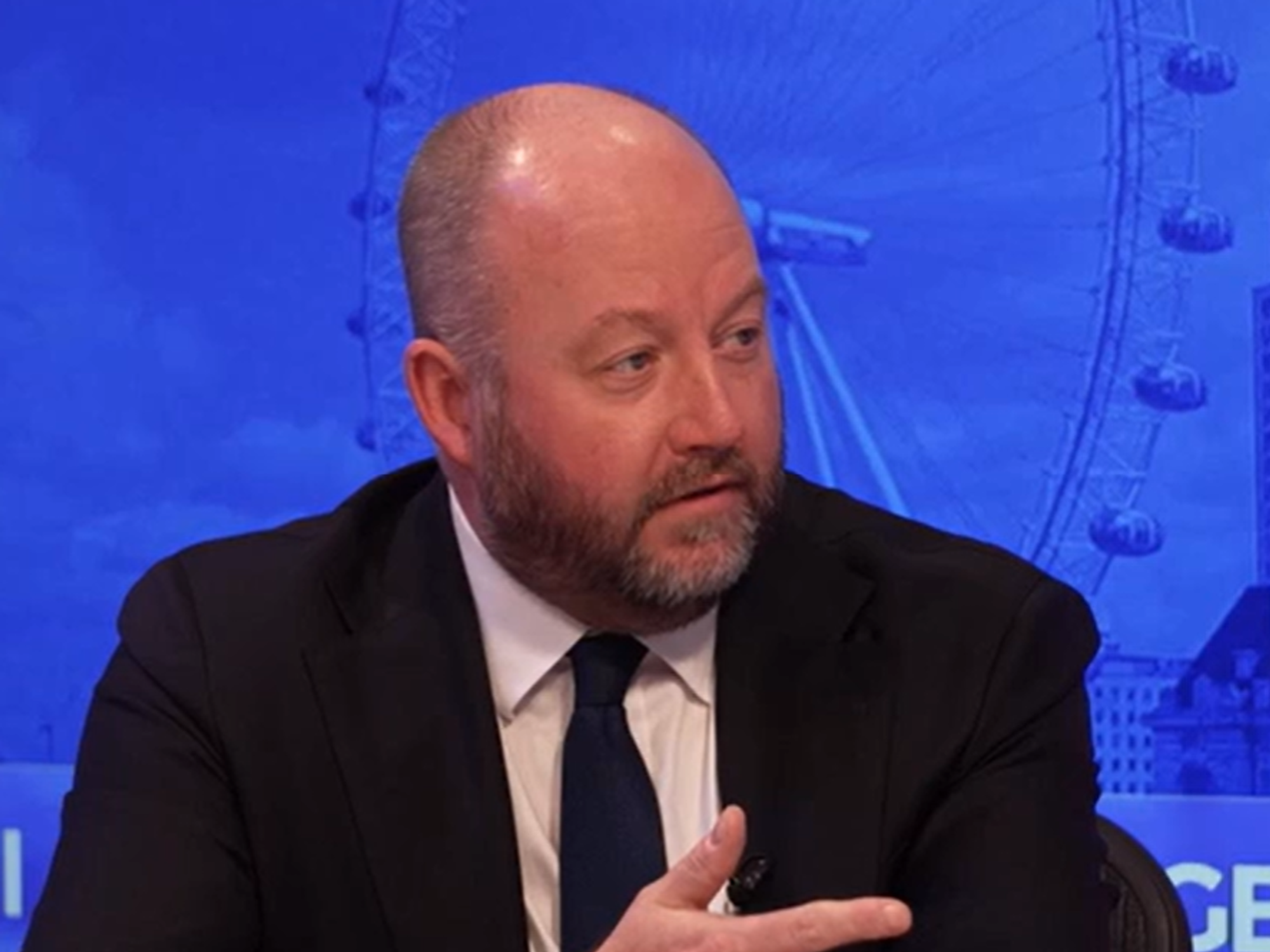Rachel Reeves to 'capitalise on inheritance tax to fill gaps in public finances' at Budget as HMRC rakes in £2.8bn

The increase in inheritance tax receipts is partly due to the frozen tax thresholds
| GETTY
The increase in inheritance tax receipts is partly due to the frozen tax thresholds
Don't Miss
Most Read
Latest
Inheritance Tax receipts for April 2024 to July 2024 are £2.8billion, according to the latest HMRC figures.
This is £0.2bn higher than the same period last year, and is predicted to only keep increasing as tax thresholds remain frozen.
The Chancellor’s autumn statement confirmed that the current Inheritance Tax threshold will be frozen until at least April 2028. This follows a previous announcement freezing it until April 2026.
The two-year extension to the lower limit means more families will be required to pay Inheritance Tax. As more estates are likely to exceed the nil rate band of £325,000, especially as the average house price continues to increase.
With inheritance tax a possible target for the chancellor at the Budget in October, Britons are urged to consider different measures to protect their wealth.
 Reeves could claw back money by closing inheritance tax loopholes | PA Media
Reeves could claw back money by closing inheritance tax loopholes | PA MediaLaura Hayward, tax partner at professional services and wealth management firm Evelyn Partners said: "Annual rises in inheritance tax paid are pretty much a given these days, as property and financial market assets continuing to rise in value, and IHT allowances remain frozen.
"Inevitably, as more estates find they exceed the nil-rate bands, and more assets in each liable estate become taxable, the IHT take creeps upwards.
"With no complaints on that from the Treasury, there is little incentive for the Chancellor to halt this trend. Rather, there will be a temptation to capitalise on it to fill gaps in the public finances.
“Senior Labour figures have made it clear they think certain reliefs – specifically business and agriculture property relief – are too generous and think-tanks seem keen that defined benefit pension pots are brought into the remit of IHT. We already know that the new Government will crack down on ‘abuse’ of reliefs and that can easily lead to a review of the reliefs themselves.
“So Rachel Reeves’ first big fiscal statement on October 30 will be closely watched for any review into IHT reliefs, or suggestion that pension pots could be deemed part of a deceased’s estate."
The Government was expected to borrow £100million in July, its first month in office, but ended up borrowing £3.1bn, according to latest figures from the Office for Budget Responsibility (OBR).
Economists are now lining up to predict tax rises, to be unveiled in the budget this October.
Even if Reeves makes no changes, she is on course to collect record sums from inheritance tax. Frozen allowances, coupled with ever-rising property prices and surging stock markets, has ensured a steadily rising number of estates are caught.
Hayward continued: "IHT is also likely to be a growth area for Treasury revenues in the coming years for another reason. With the baby boomer generation now hitting their 60s and 70s, some of that generation’s accumulated wealth is being passed on to children and grandchildren, and getting taxed on the way.
"The ‘great wealth transfer’ is also underway because many of the older, asset-rich generations are making lifetime gifts to their families. As the wave of inheritance is set to grow over the next 30 years to a transfer of £5.5trillion, the temptation for successive Governments will be to tap into it to plug gaps in the public finances.
“The Office for Budget Responsibility forecasts that the share of deaths resulting in the payment of inheritance tax will rise to 6.3 per cent by 2028–29, the highest level since the 1970s.
"That proportion was as low as 2.7 per cent in 2009/10. Revenue from inheritance tax and its predecessors has increased over time in real terms, from around £2bn in 1980/81, to £7.5bn in 2023/24, and will reach almost £9bn by 2028/29 (all amounts in 23/24 prices)."
The Labour Party have previously said its priority was growing the economy rather than raising taxes.
A Labour spokesperson said: "We have set out fully costed, fully funded plans, with very specific tax loopholes we would close.
"Nothing in our plans requires any additional tax to be increased."










